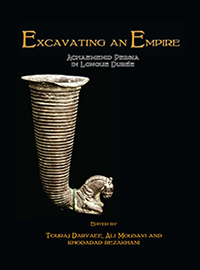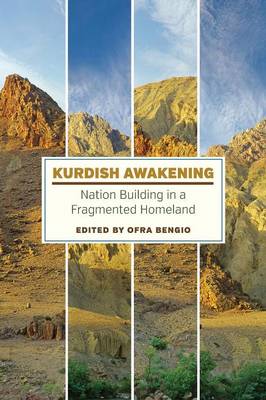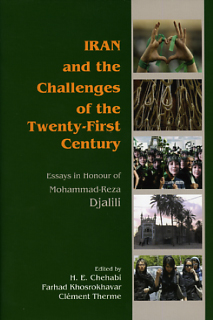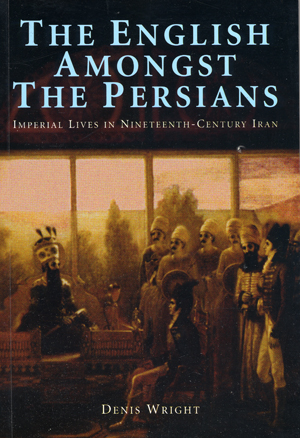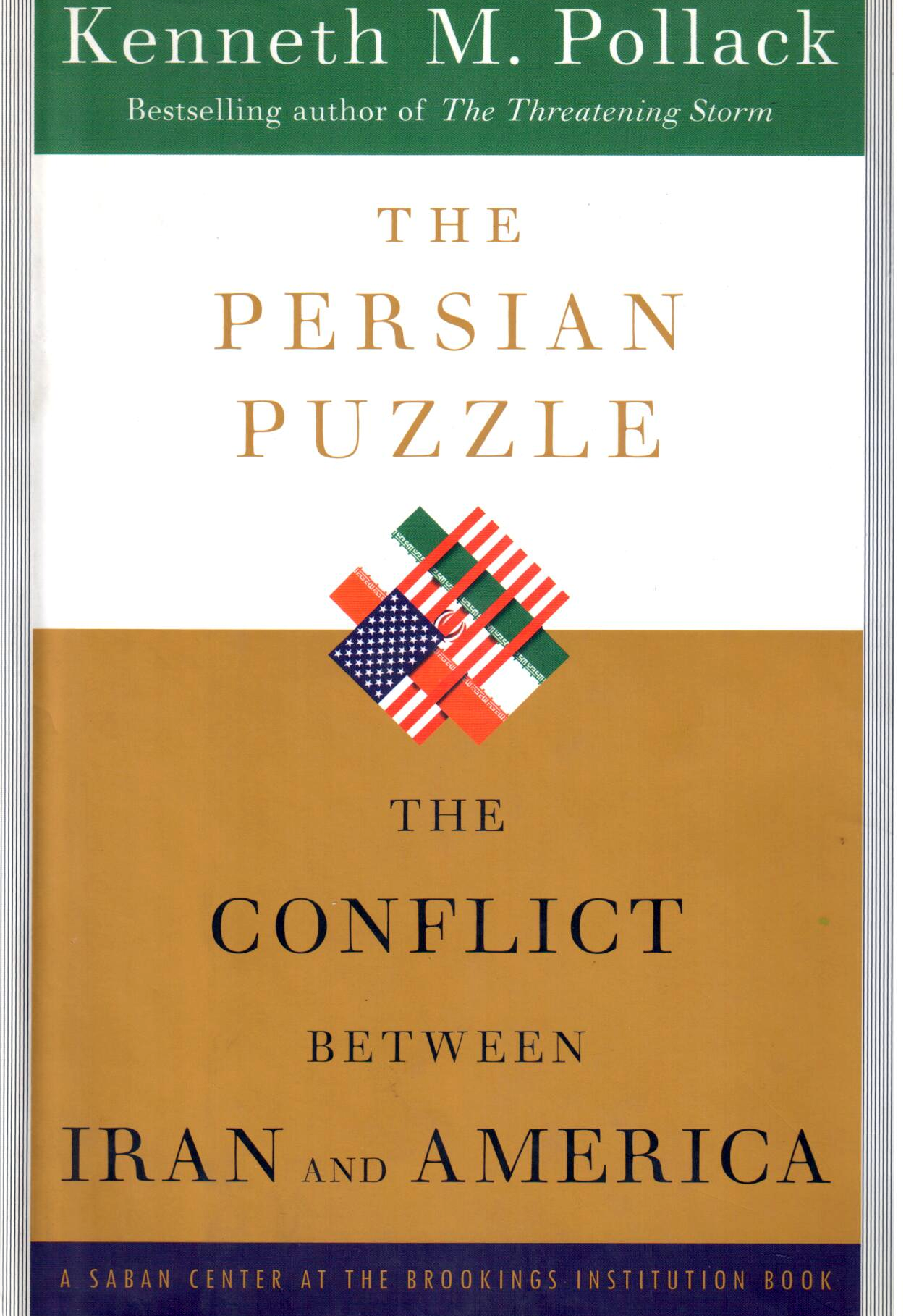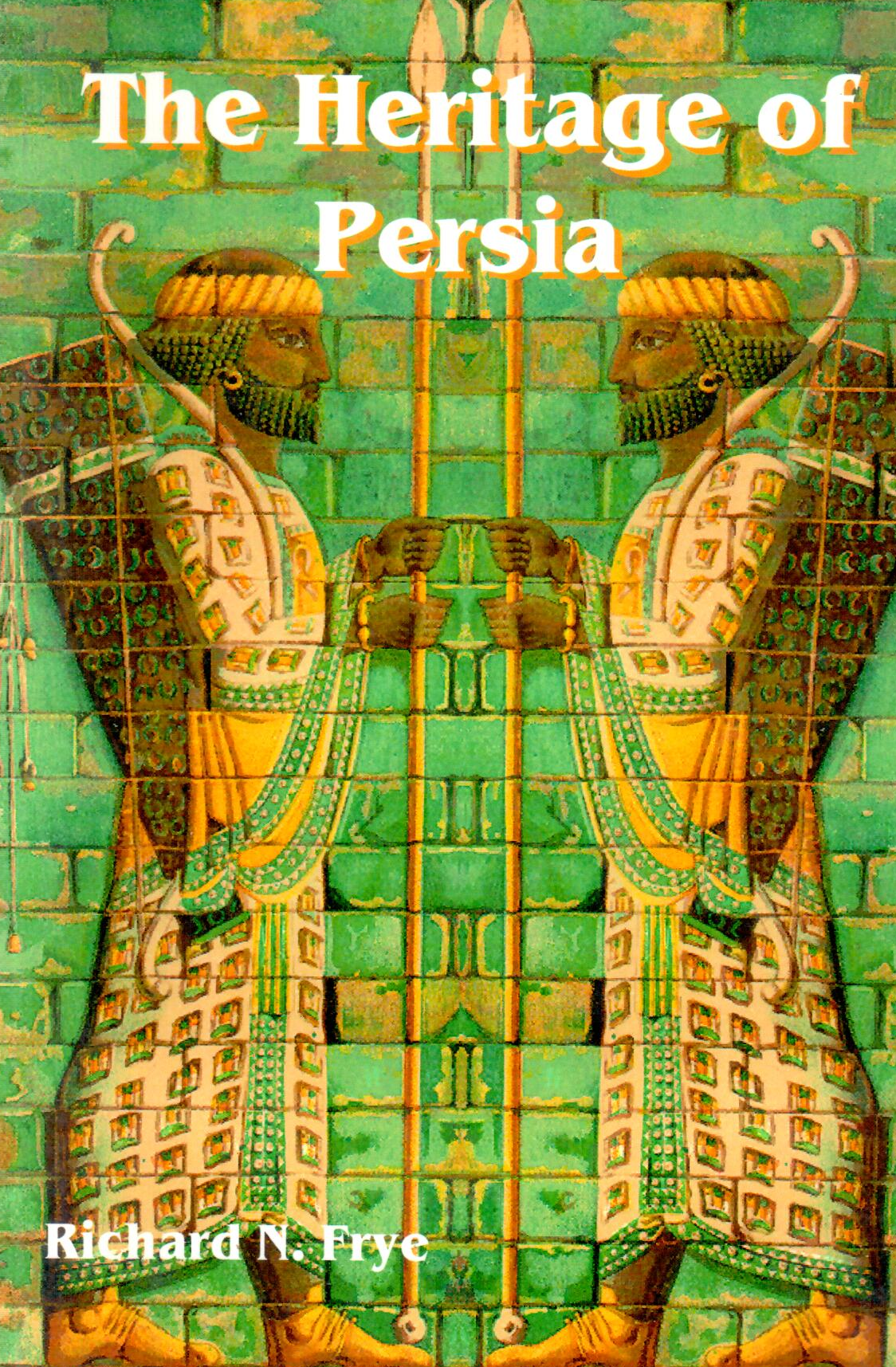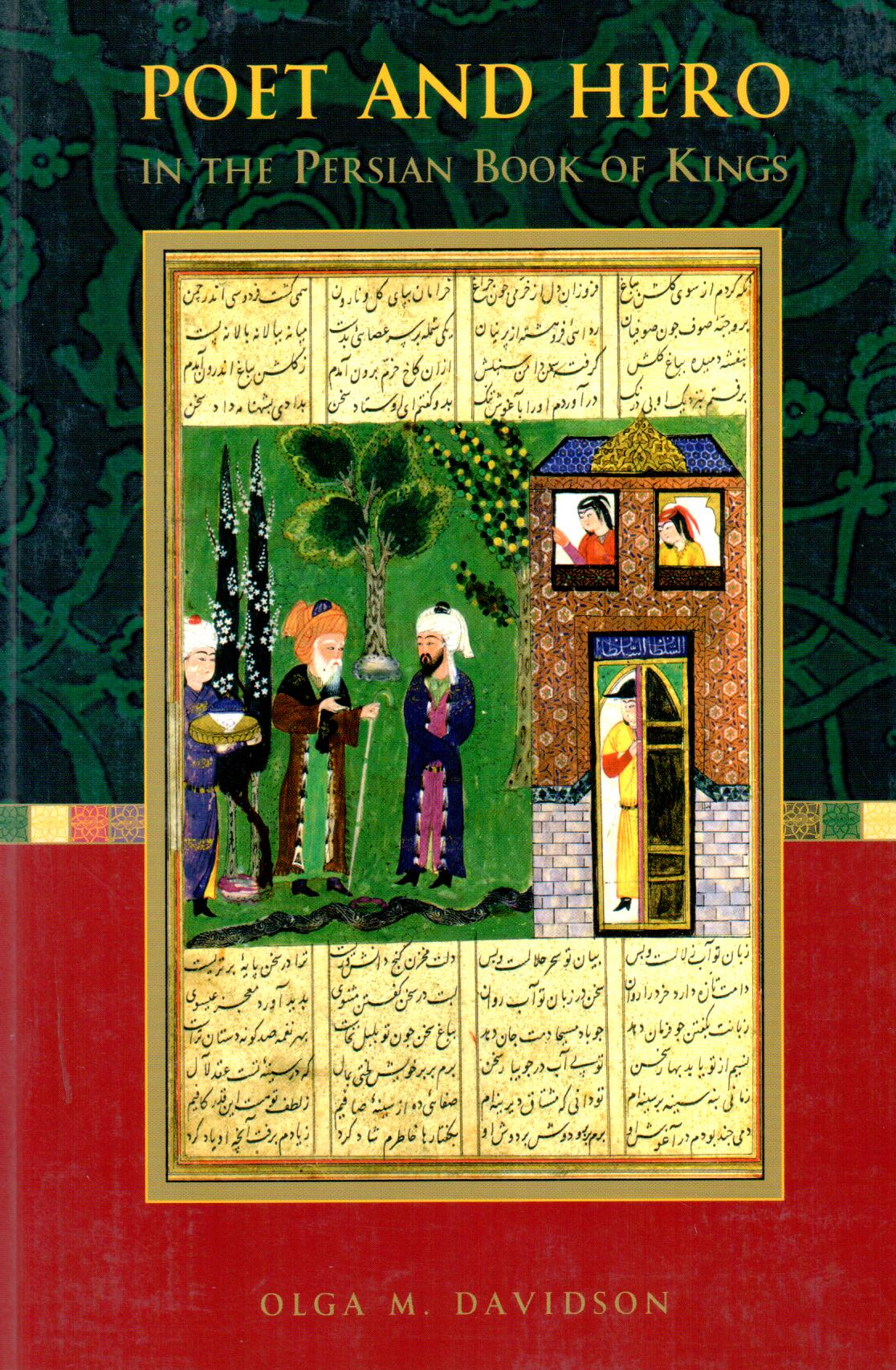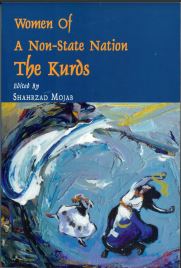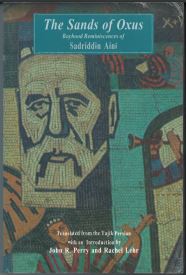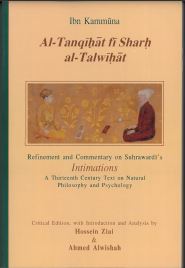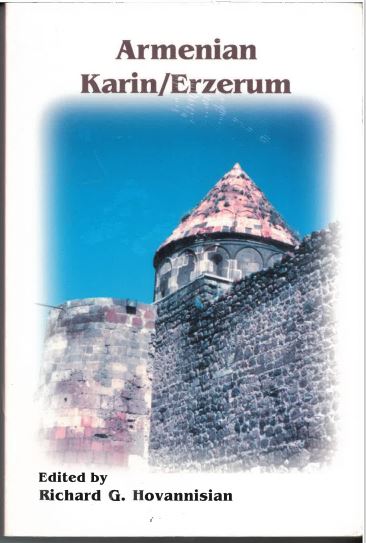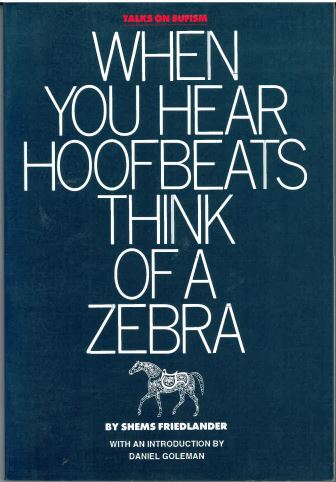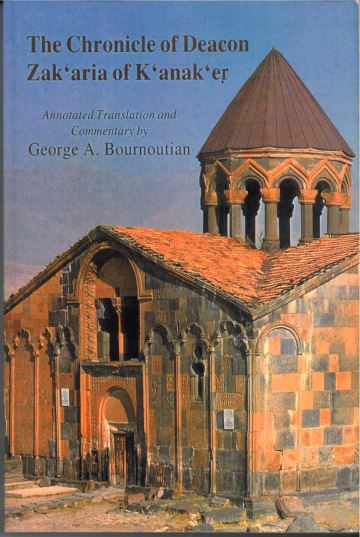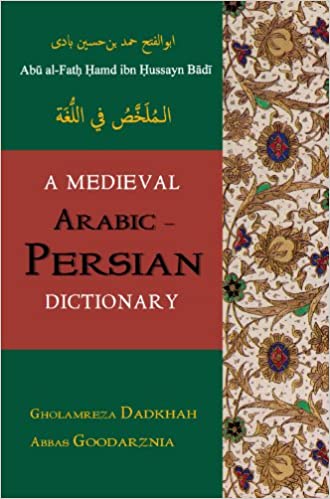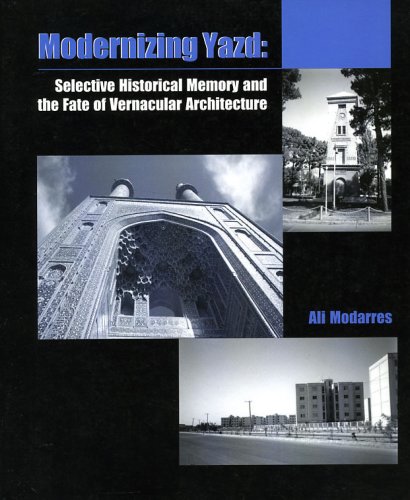Excavating an Empire: Achaemenid Persia in Longue Durée الإنجليزية 2015
Excavating an Empire: Achaemenid Persia in Longue Durée
38٫50 £
مشاركة
Wishlist
ISBN رقم:
9781568592985
الناشر:
Mazda Publishers
الفئة العمرية:
البالغون
الصفحات:
256
الوزن:
810 g
أبعاد المنتج:
23 x 29 x 2٫39 cm
غلاف الكتاب:
غلاف کرتونی
Study of empires and imperial power within the context of world history is a relatively recent subject within a field which itself is quite young. With the ever present discussions on the issue of globalization and increased contact among modern nation-states, a need to understand the long term trends in human and material interaction, and the means of controlling them, is increasingly felt in academia. Empires, as large units of administration which are often posited to have had an abusive relationship with their peripheries, are deemed viable subjects of study and inquiry in the pre-modern, pre-globalized world. On the other hand, the imposed frame work of modern nation-states on historiography, and the long trend in national, and often nationalistic historiography, similarly has encouraged a study of the empires which are thought to be ancestors of modern nations, from Italy and Rome to China and the Qing Empire. Among these, the Achaemenid Empire which ruled the Near East, and occasionally parts of North Africa, for about two centuries (late sixth to late fourth century BCE) is a curious and commonly neglected case.
more
Study of empires and imperial power within the context of world history is a relatively recent subject within a field which itself is quite young. With the ever present discussions on the issue of globalization and increased contact among modern nation-states, a need to understand the long term trends in human and material interaction, and the means of controlling them, is increasingly felt in academia. Empires, as large units of administration which are often posited to have had an abusive relationship with their peripheries, are deemed viable subjects of study and inquiry in the pre-modern, pre-globalized world. On the other hand, the imposed frame work of modern nation-states on historiography, and the long trend in national, and often nationalistic historiography, similarly has encouraged a study of the empires which are thought to be ancestors of modern nations, from Italy and Rome to China and the Qing Empire. Among these, the Achaemenid Empire which ruled the Near East, and occasionally parts of North Africa, for about two centuries (late sixth to late fourth century BCE) is a curious and commonly neglected case.
more

